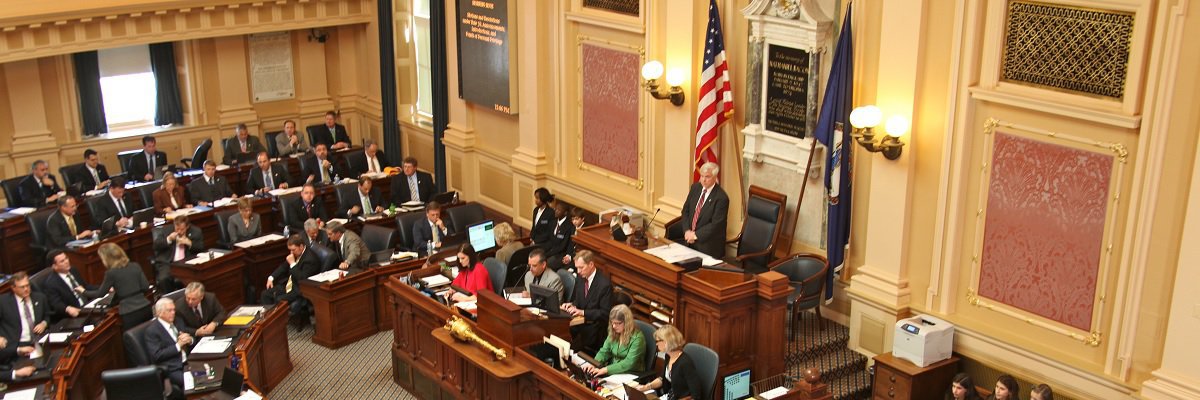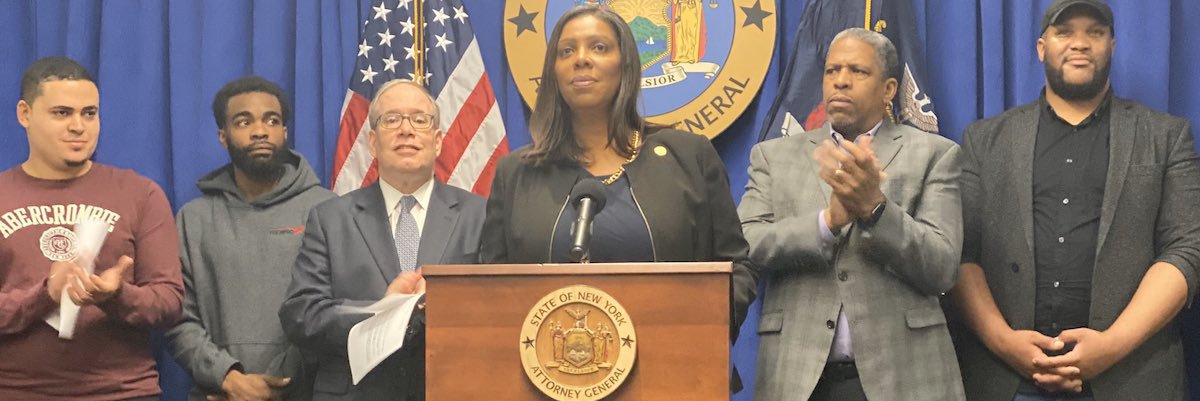Agencies who fail to retain public records and vote in closed door meetings without counsel present could face penalties under a new law pending Virginia Governor Ralph Northam’s sign-off.
Senate Bill 1554, authored by Senator Scott Surovell (D - Fairfax), would penalize records officers or public bodies for destroying or altering records as a way to avoid disclosure under the state’s FOIA law as well as local leaders who decide on law in closed session meetings without counsel.
“The closed meeting rules are violated monthly, even last week, and I decided it was time to create some consequences to hopefully reduce violations,” said Surovell. “Virginia’s FOIA lacked meaningful consequences for breaking the law.”
Currently under Virginia FOIA, records officers who violate state FOIA could face up to $2,000 in penalties for the first violation and up to $5,000 for the second. Yet, the law isn’t specific in addressing offenders who were believed to alter or destroy records as a way to avoid disclosure under the records law as well as those who moved in closed meetings.

The bill went through several iterations before the version currently before Northam. According to Surovell, there was initial concern among some members relating to punishing public bodies who take closed meeting actions without counsel present to advise them of the law.
“After I limited the law to closed meetings where an attorney representing the public body was present and limited the fines to the body and not the individual members, the bill passed unanimously,” noted Surovell.
The legislation was amended on the Senate side to clarify the destruction of records had to do with an intent to evade a request. By the time it arrived to the House, meeting violations were added.
“I introduced the records destruction portion of the legislation after I read in the Washington Post that the largest locality in the Commonwealth was training employees that if records were destroyed, they did not need ever be produced,” added Surovell.
## In a goal to arm requesters with knowledge, we’ve launched a new project page hosting state-by-state public record law stories and key players fighting for transparency in those states. Do you have a records struggle in your state? Let us know!
Transparency advocates in the state have worked alongside Surovell on the bill. They believe the legislation is strong, but note this as the second time Surovell tries to pass laws to bolster FOIA. Although strong legislation seeking to minimize state FOIA violations, requesters claiming these types of record offenses have to uphold their claims in a court of law.
“Well I have to be realistic to say that proving an intent is going to be hard, but I do think [the bill] has a powerful and symbolic power,” said the Executive Director for the Virginia Coalition for Open Government Megan Rhyne.
Under Virginia FOIA, section § 2.2.-3704 addresses procedures for the transfer of records for storage and procedures for responding to request. If records are not found within the agency but lie elsewhere, the agency with the request has the responsibility of providing contact information for the other public body.
 Yet, the law fails to address proper records retention for both agencies and policy makers, which often hold two devices for legislative work and personal use. Under statute, communications on lawmakers personal devices are not exempt. The law looks at the content of each communication, which subjects personal devices to FOIA.
Yet, the law fails to address proper records retention for both agencies and policy makers, which often hold two devices for legislative work and personal use. Under statute, communications on lawmakers personal devices are not exempt. The law looks at the content of each communication, which subjects personal devices to FOIA.
“There is no one else who can search a private device but the person [who owns the device],” said Rhyne. “The everyday government records employees, there are not the ones with issues, it’s elected officials who don’t want to use government accounts or devices,” said Rhyne.
The Governor is set to make a decision on the bill next month, but Surovell says he hasn’t received any negative feedback from the Governor’s office.
“The general assembly has been considering this behavior and they have been made aware of it. It’s almost like a policy statement that these things are important enough to attach consequences to them. I am hopeful that in itself carries weight into the future,” added Rhyne.
Per statute, Virginia holds in-state provisions meaning that only those who reside in the state are allowed to request records from local and state agencies. Most recently, a state judge ruled that the judiciary branch is not subject to state FOIA.
A previous version of SB 1554 is embedded below.
Image by Germann Community College via Wikimedia Commons and is licensed under CC BY 2.0




